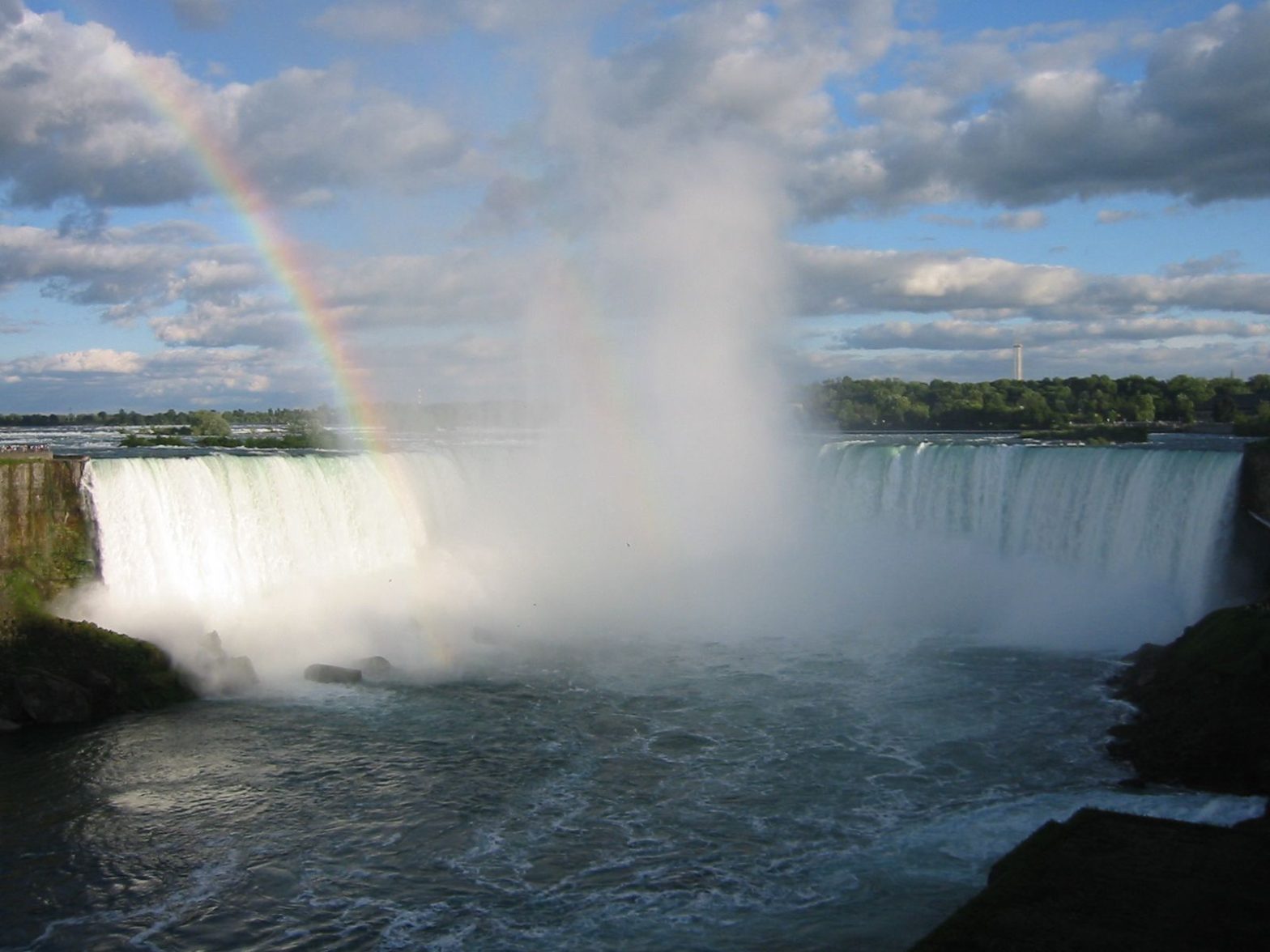THE SEED
The heavens declare the glory of God; and the firmament sheweth his handywork. Psalms 19:1
There comes a period in our life when we must put aside our past and pursue God, giving Him all the honor. Elohim made the earth, the heavens, and everything in them as a place of adoration and praise. Some of God’s creatures ceased worshiping Him after man fell. According to the first verse, the sky or firmament shows off God’s creation and the skies proclaim His majesty. Day to day utter discourse, and night to night reveals wisdom, according to verse 2. How many people carry out the day and night activities of the skies and the sky? Some people worship and praise themselves or idols, but those who know the actual God, Elohim, ought to worship and praise Him more than what the skies and the firmament are doing. Along with devotion and adoration, they exhibit knowledge, specifically the awareness of God’s existence. Therefore, those who question the existence of God are completely without justification because even the sky informs them of the all-powerful God. No matter what, as Christians, we must proclaim His splendor to everyone we come into contact with. If we truly want others to experience Christ this season, we will extend an open and sincere invitation.
PRAYER
Father, May I not taint your heavenly glory with worldly concerns.
BIBLE READINGS: Psalms 19
FIFI ÒGO RẸ HÀN
IRUGBIN NAA
Awọn ọrùn nsọ̀rọ ogo Ọlọrun, ati awọn ofurufu nfi iṣẹ ọwọ rẹ hàn. Psalmu 19
Àkókò kan ń bọ̀ nínú ìgbésí ayé wa nígbà tí a gbọ́dọ̀ fi ohun tó ti kọjá si ẹ́gbẹ̀ kan ki a sì máa lépa Ọlọ́run kí a fi gbogbo ọla fun Un. Ọlọrun si ṣe aiye, ọrun ati ohun gbogbo ti o wà ninu
wọn ni ibi-ibu ọlá ati iyin fún ùn. Diẹ ninu awọn ẹda Ọlọrun dẹkun ijosin Rẹ lẹhin ti eniyan ṣubu. Gẹ́gẹ́ bí ẹsẹ àkọ́kọ́ ti wí, ojú ọ̀run tàbí òfuurufú ń fi ìṣẹ̀dá Ọlọ́run hàn, òfuurufú sì ń pòkìkí rẹ̀. Ọ̀jọ dé ọjọ́ nfọhun àti òru dé òru ń fi imọ hàn, ní ìbámu pẹ̀lú ẹsẹ 2. Melo ni eniyan ti nṣe awọn iṣẹ ọsan ati alẹ nipa ti awọn ọrun dé àwọn ọrun?. Àwọn ènìyàn kan ń sìn, wọ́n sì ń yin ara
wọn tàbí òrìṣà, ṣùgbọ́n ó yẹ kí àwọn tí ó mọ Ọlọ́run tòótọ́, Elohim itumọ èyí ti o njẹ Ọlọ́run tòótọ́, wọn yẹ̀ ki wọn bù ọlá ati ijọ́sìn fún un. Kí wọ́n sì yìn ín ju, ohun tí ojú ọ̀run àti òfuurufú ń ṣe lọ. Pẹ̀lú ìfọkànsìn àti ìforíbalẹ, wọ́n fi ìmọ̀ hàn, ní pàtàkì ìmọ̀ wíwà Ọlọrun. Nitori naa awọn ti wọn n ṣiyemeji nipa wiwá Ọlọrun ko ni idalare patapata, nitori pe ọrùn paapaa n sọ fun wọn
nipa gbogbo agbara nla Ọlọrun. Ohun tò wù kó jẹ́, gẹ́gẹ́ bí Kristẹni, a gbọ́dọ̀ kéde ọlá ńlá fún gbogbo ẹni tí a bá ba pàdé Ti a ba fẹ nitootọ, ki awọn ẹlomiran ni iriri Kristi ni akoko yii, a o fi
àmì ifẹ hàn fún wọn sii ati otitọ.
ADURA
Bàbá ma jẹ ki mbá ògo ọrùn jẹ, pẹlu ohun ayé.
BIBELI KIKA: Psalmu 19: 1-ipari.
